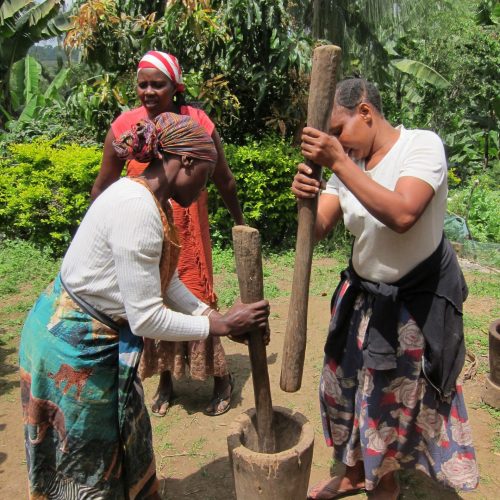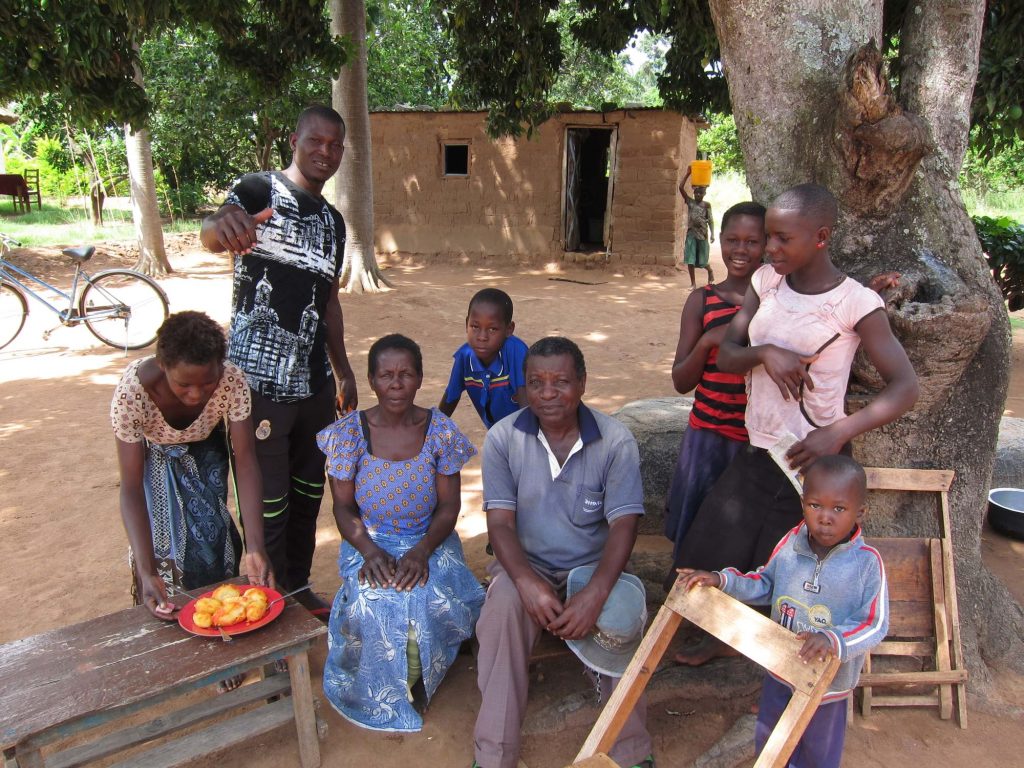Home » Cultural Tourism in Tanzania: A Tool for Sustainable Development
Tourism and Sustainable Development
Author : Rodolphe Lasnes
In Tanzania, discovering the different local cultures allows you to get off the beaten track, while practicing solidarity tourism.
For many travelers, Tanzania only rhymes with safari, Kilimanjaro and Zanzibar. It is true that these three pillars of tourism in this East African country form an attractive and profitable showcase, attracting the vast majority of the 1.3 million annual visitors, who provide 17% of the national income.
However, an examination of Tanzania’s tourism map quickly reveals that this showcase is both incomplete and unbalanced. The most popular national parks (Serengeti, Ngorongoro Crater…), Kilimanjaro and, to a certain extent, Zanzibar, are concentrated in the northern regions, leaving two thirds of the country outside this economic manna. 56 millions of Tanzanians are excluded from this postcard of wildlife, fine sand and eternal snows of the continent’s highest peak. However, their hundreds of ethnic groups with as many languages, traditions, cultures and ways of life are just as exciting and fascinating.
In this context, cultural tourism seems to be an ideal answer. The cultural diversity of the country allows to offer a variety of experiences both geographically and in terms of activities. Travelers are, for example, invited to participate in the coffee harvest on the slopes of Mount Meru, experience the Masai way of life in the center of the country and go fishing in a dhow (traditional sailing boat) along the Swahili coast, among many other attractive possibilities. The result is a multiplication of attractions for visitors, and a better sharing of income among Tanzanians.
The benefit of enhancing local cultures and traditions is not limited to job creation and income generation. The sometimes forgotten gestures are practiced again to satisfy the curiosity of visitors, ensuring a certain perpetuation of the traditions. By arousing interest, a daily routine that may have seemed banal becomes a source of pride. To attract tourists, an environmental effort is also often undertaken. The local products see their outlets widening…
In order to promote the development of tourism outside the major centers and to highlight and perpetuate local cultures, the Tanzanian Tourist Board has set up a concrete, intelligent and supportive initiative: the Cultural Tourism Program. Created in 1996, this program supports, advises and evaluates about sixty Cultural Tourism Enterprises (CTE) scattered throughout the country, offering tourist activities and sometimes accommodation. One of the great strengths of this program is that it requires CTEs to donate a portion of their profits to support the community in which they operate. In this way, an entire village feels involved, with each resident becoming an ambassador for the community and appreciating the importance of each visit.

The Uniterra program supports this initiative by providing volunteers who work to strengthen the capacities of these tourism micro-structures (promotion, marketing, reception, etc.). In addition, a partnership with Village Monde Village Monde aims to visit and select the CTE accommodations that meet the criteria of this Quebec organization in terms of sustainable and solidarity tourism, so that they can then be added to the online booking platform of Village Monde and thus benefit from international visibility. This was my mission from September to December 2017.

Subscribe to the travel newsletter from our collaborative booking platform Vaolo to find out what’s new, follow our explorers and receive tips for more conscious travel.
The use of the masculine gender has been adopted for ease of reading and has no discriminatory intent.
© 2026 All rights reserved. Village Monde.
By continuing to use the site, you agree to our privacy and cookie policy
I accept